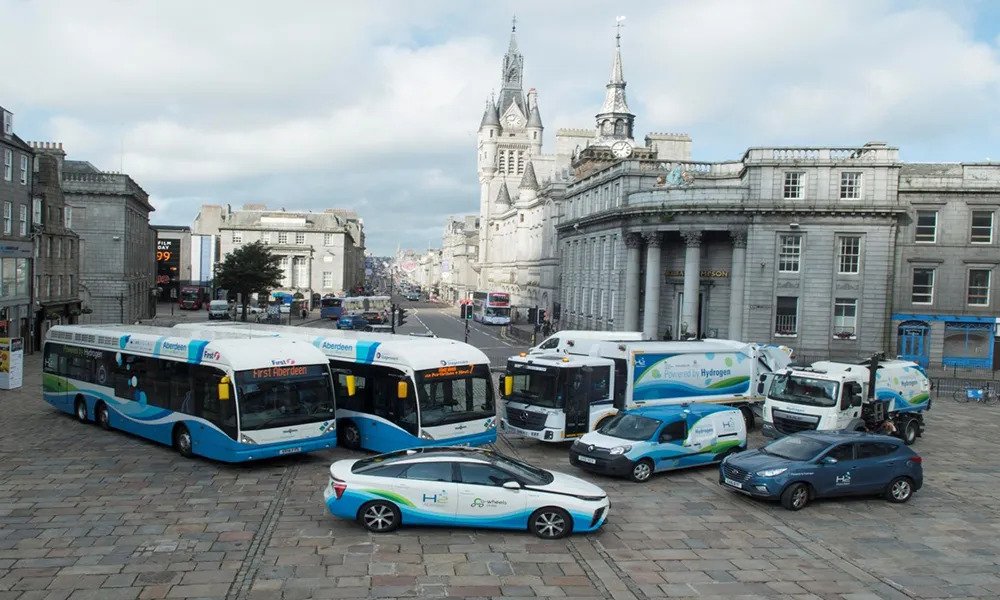How hydrogen power can reduce the sector’s carbon footprint
Motivated by emissions targets, electric vehicle (EV) technology has been applied to RGVs – in locations such as Cambridge, for instance, where hills are few and far between and the city itself is relatively compact. One of the local authority professionals who brought EVs to Cambridge’s RGV fleet is former CIWM president Trevor Nichol, who currently works for St Helens Council. He’s now considering hydrogen power, motivated by the promise of increased performance and reduced greenhouse gas emissions. About 14% of our carbon emissions come from our fleet, and a large chunk of that is RGVs.” Initially, Nichol considered EVs, but he found the St Helens depot would have needed an extensive electricity upgrade. That’s when he turned to hydrogen power. FAUN Zoeller’s approach has been to use hydrogen fuel cells as a “battery charger”, keeping the RGV’s 85 kW Li-ion battery topped up as it powers its electric propulsion and waste compacting facilities. The vehicle can be configured with between 1-4 hydrogen fuel tanks and 1-3 fuel cells, depending on the range required and how much extra “oomph” is needed. The future of hydrogen-powered RGVs may well lie in the fuel-cell approach, but hydrogen can also help reduce the carbon footprint of diesel-fuelled vehicles that still have years of life in them.

